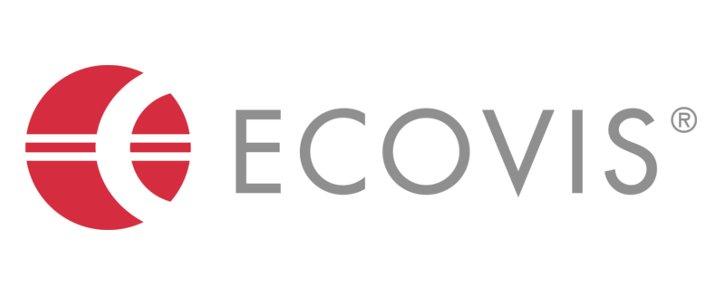Under English law – which is less formal than other laws – a binding contract arises after a clear offer, acceptance and intention to create legal relations (presumed in business dealings), and a mutual benefit provided by the contract (“consideration”). But a contract can also arise purely orally, or through various written documents (e.g. email and letters), or through written documents and oral discussions. A contract can even be inferred from the parties’ conduct.
Binding oral agreements aren’t new, but the likes of Teams and Zoom heighten the risk of accidental oral contracts significantly, and as so many video calls are recorded – providing clear evidence of what was said – it is now easier to prove the existence of an oral contract and its precise terms.
So could the enthusiasm for video-calls bind users into an unintended contract? A court’s test is objective: would a reasonable bystander conclude an agreement was reached on the basis of all the words and conduct of the parties? Subjective intent is irrelevant.
To avoid such accidents, state “subject to contract” in negotiations – written and/or oral. It means an agreement is yet to be reached, and/or no legally binding agreement exists until a formal document is signed, explain the experts. Courts confirm that “subject to contract” provides a strong presumption against a binding contract.
In video-call negotiations, always state that discussions are subject to contract. When calls are not recorded, state in prior email/communication that negotiations are subject to contract. Be aware, however, that parties can still waive the subject-to-contract condition later by word or action.
It can also be specified that a binding contract cannot arise without satisfying some condition first – maybe some person or body must approve or sign the draft contract. Contracts may also contain pre-conditions. In effect: a counterparty clause, for example, requires each party to sign a copy of the agreement first. Satisfying all pre-conditions might, however, conclude the contract.
Also consider the use of non-binding letters of intent or Heads of Terms, which summarise a draft deal but stress that no binding contract arises before the substantive agreement is executed, recommend commercial law specialists at Moore Barlow.
To sum up, state “subject to contract” in writing before negotiating, and state it early on in mainly oral negotiations. State any pre-conditions/approvals needed, and that a formal agreement needs drawing up and/or lawyers are required. And since even “subject to contract” will not always prevent a binding contract, ensure later communications and conduct do not waive the need for a written agreement to be formally executed by the parties to be binding.
For further information please contact:
John Warchus, Partner and Specialist in Commercial and Technology Contracts, Moore Barlow LLP – Member of ECOVIS International, London, Great Britain
Email: john.warchus@moorebarlow.com
Das Beratungsunternehmen Ecovis unterstützt mittelständische Unternehmen. In Deutschland zählt es zu den Top 10 der Branche. In über 100 deutschen Büros arbeiten fast 2.000 Mitarbeiterinnen und Mitarbeiter. Weltweit sind es fast 8.500 in nahezu 80 Ländern. Ecovis betreut und berät Familienunternehmen, inhabergeführte Betriebe sowie Freiberufler und Privatpersonen. Um das wirtschaftliche Handeln seiner Mandanten nachhaltig zu sichern und zu fördern, bündelt Ecovis die nationale und internationale Fach- und Branchenexpertise aller Steuerberater, Wirtschaftsprüfer, Rechtsanwälte und Unternehmensberater. Jede Ecovis-Kanzlei kann auf diesen Wissenspool zurückgreifen.
Darüber hinaus steht die Ecovis Akademie für fundierte Ausbildung sowie für kontinuierliche und aktuelle Weiterbildung. All dies gewährleistet, dass die Beraterinnen und Berater ihre Mandanten vor Ort persönlich gut beraten.
www.ecovis.com
ECOVIS AG Steuerberatungsgesellschaft
Ernst-Reuter-Platz 10
10587 Berlin
Telefon: +49 89 5898-266
Telefax: +49 (30) 310008556
http://www.ecovis.com
ECOVIS AG Steuerberatungsgesellschaft*
Telefon: +49 (89) 5898-266
E-Mail: gudrun.bergdolt@ecovis.com
![]()

